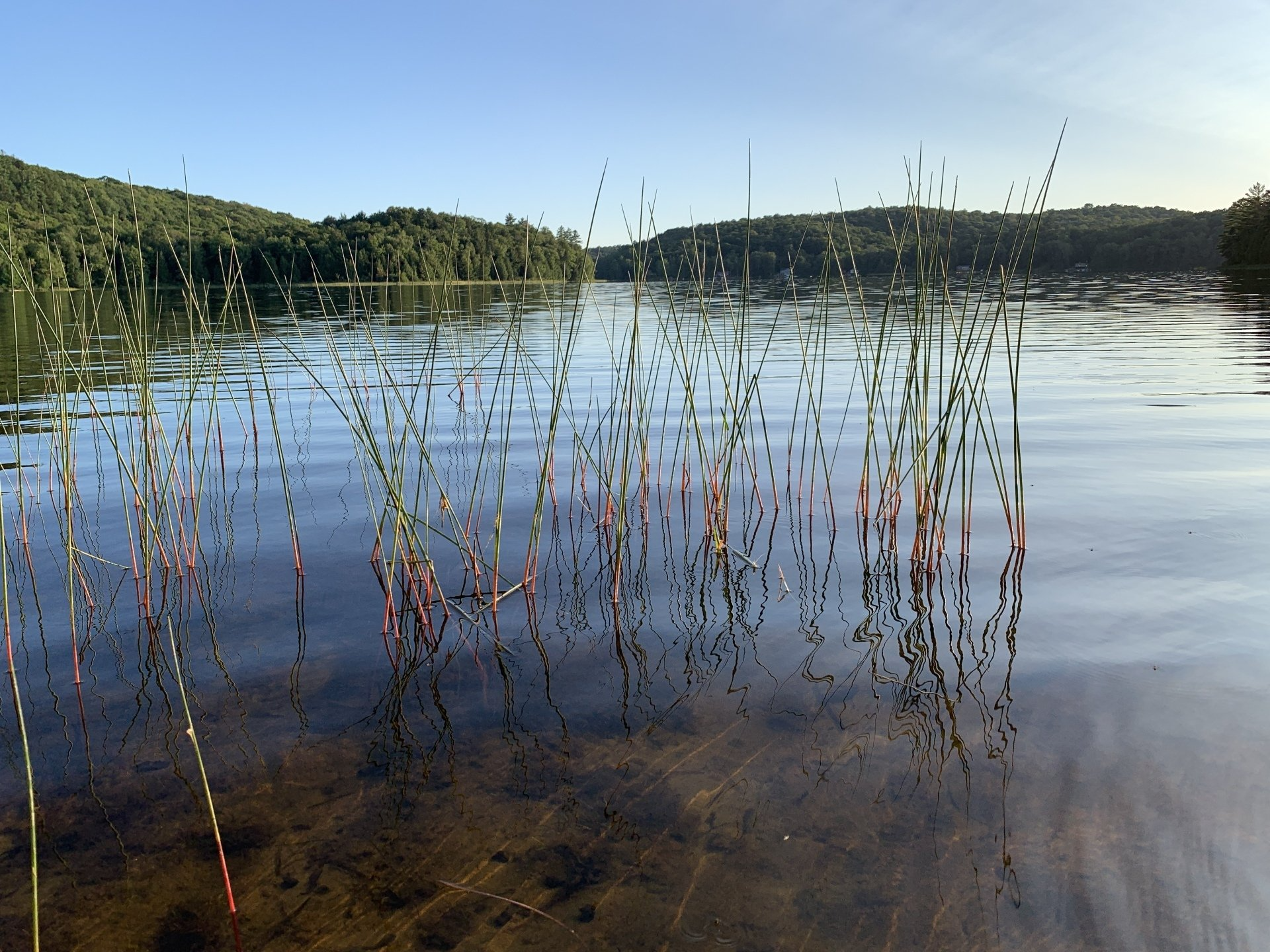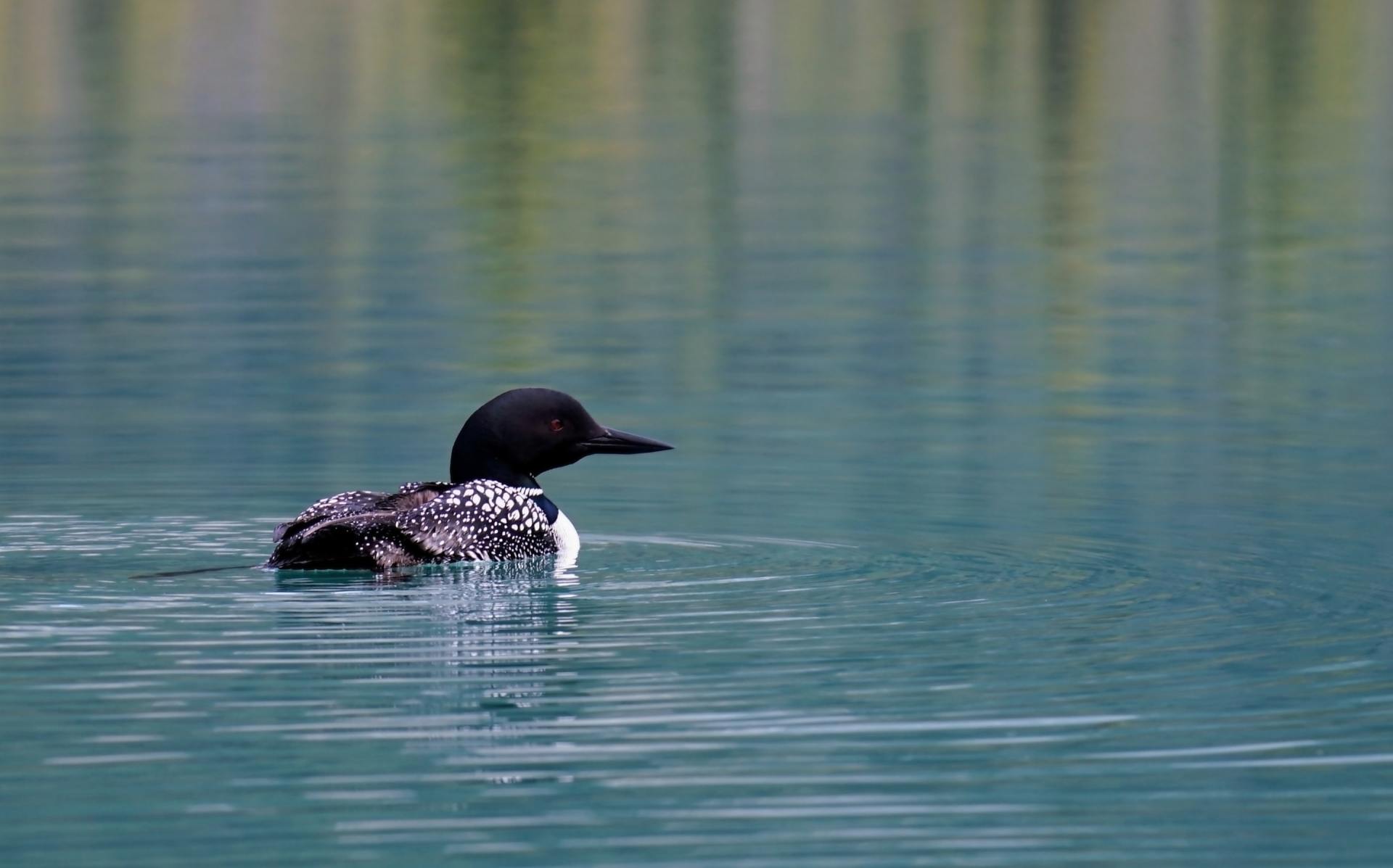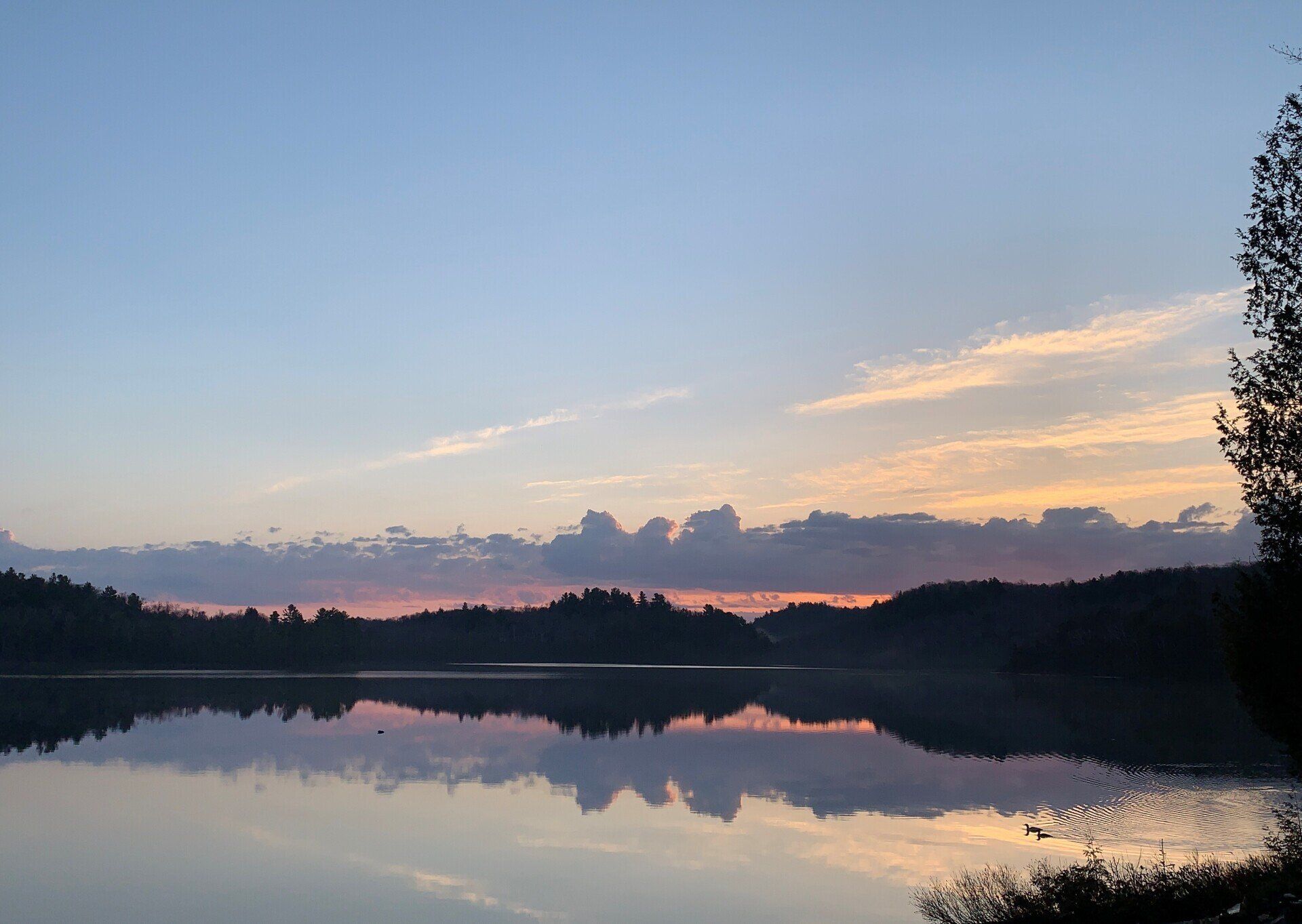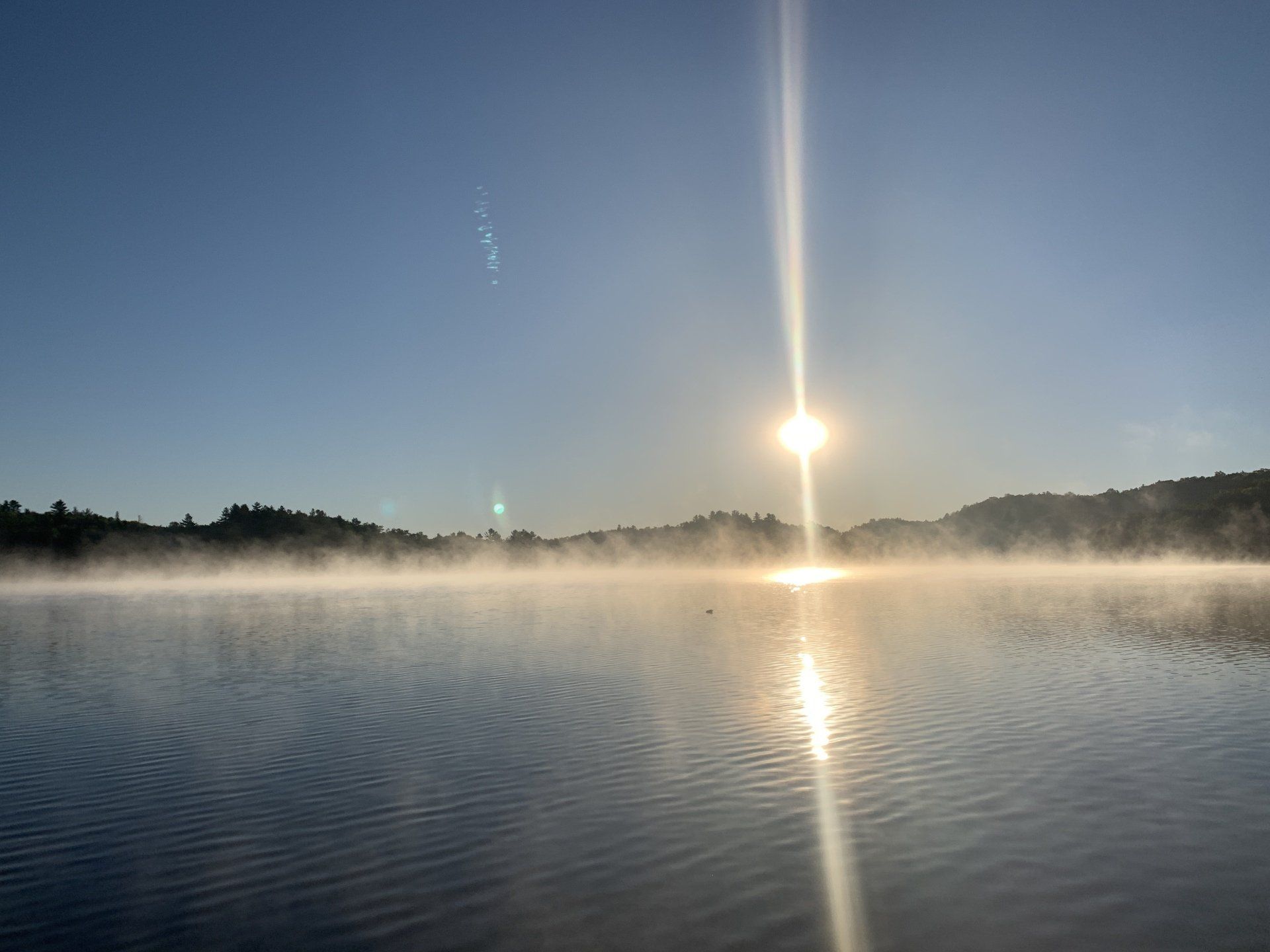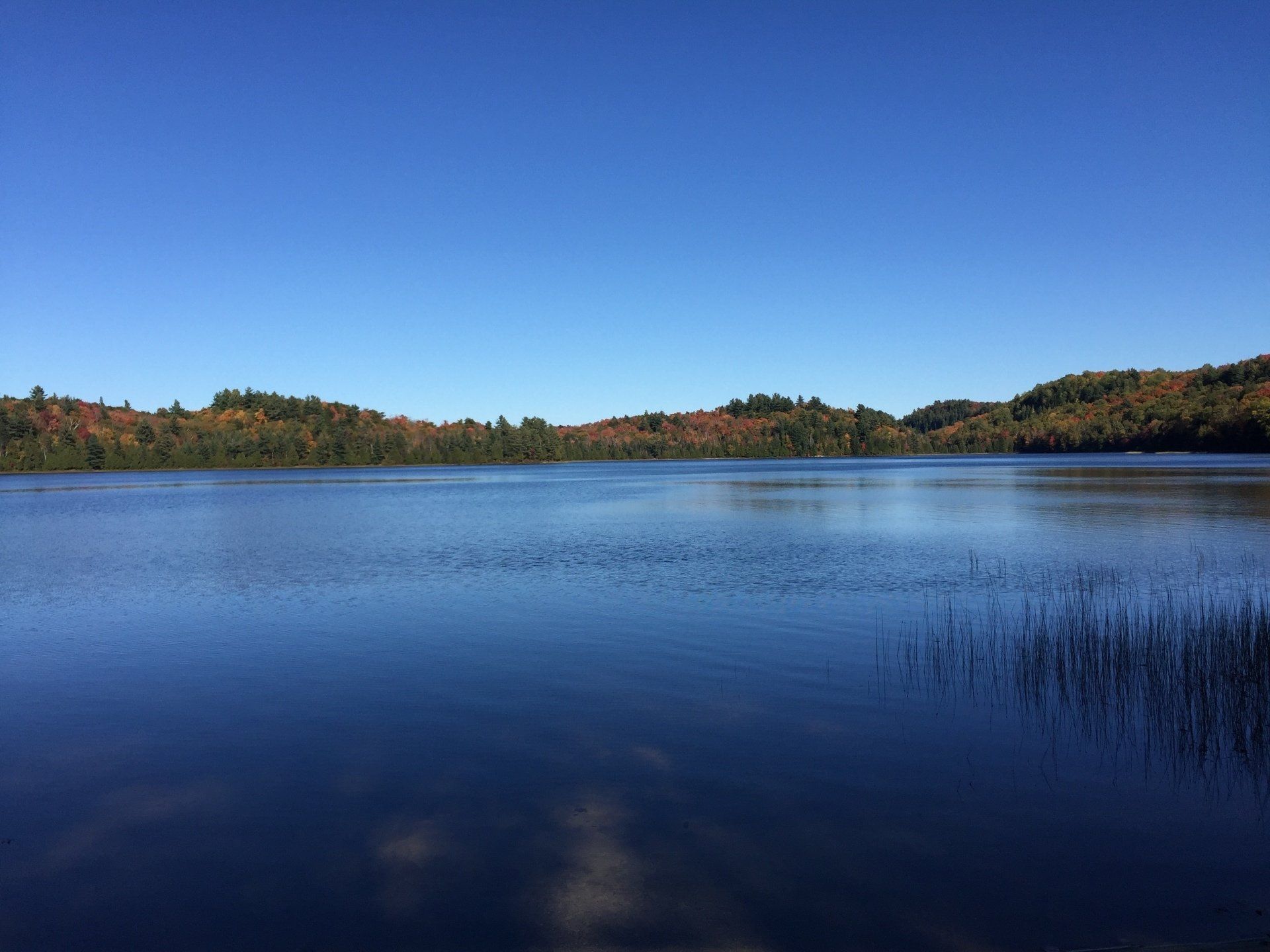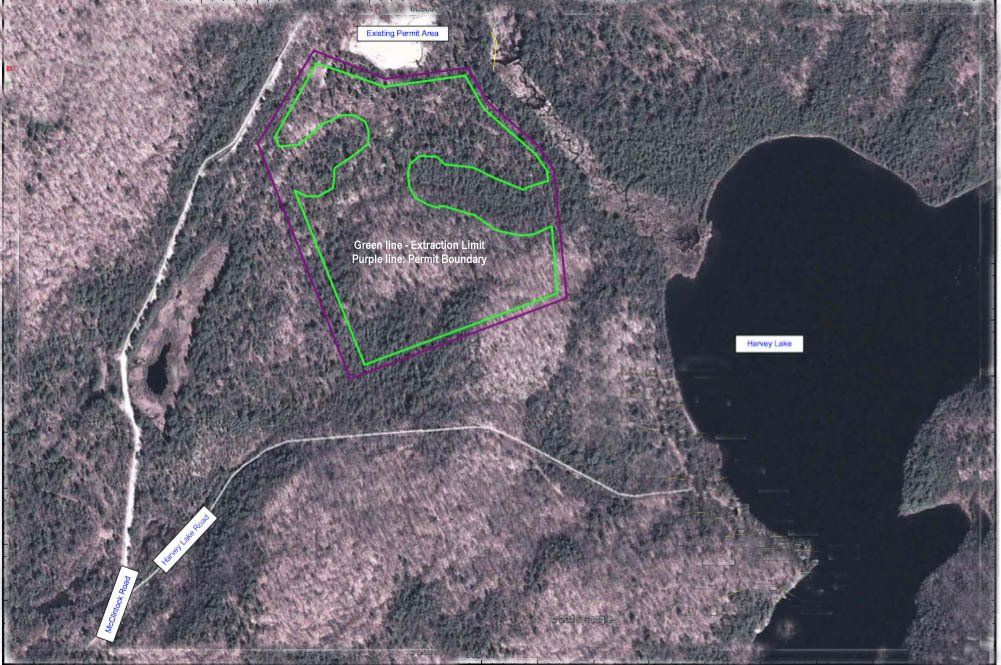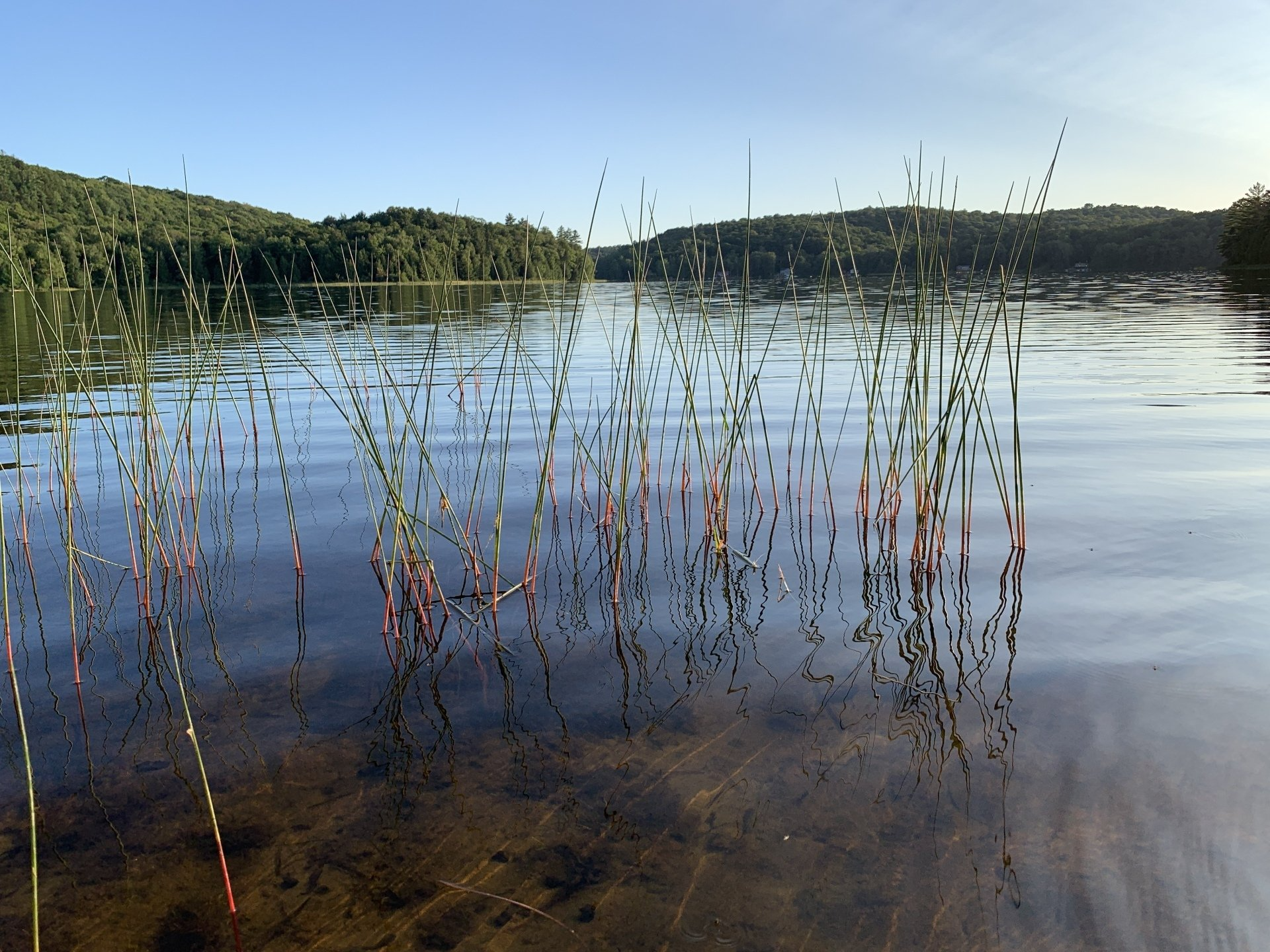HELP US STOP THIS QUARRY FOR FUTURE GENERATIONS
For nearly five years, we have been fighting to protect this area from the ravages of a poorly planned quarry. Harvey Lake is located approximately 7km north east of Dorset, Ontario in the beautiful Algonquin Highlands and about 20km from Algonquin Park. Over 60% of owners on Harvey Lake are 2nd generation or longer, some are fourth generation and have been on the lake for over 60 years.
-The Harvey Lake & Area Resident team
BLASTING & DRILLING
of bedrock, will be heard for many kilometres
disrupting residents and wildlife.
COMMUNITY IMPACT
to residents on Kawagama, Harvey, Otter, Hardwood, Skin, Fletcher, Bear, and Livingstone Lakes.
ENVIRONMENTAL IMPACT
to critical wetlands including two streams, a bog and a marsh will be adversely affected.
INCREASED TRAFFIC
Proponents initial proposal showed over 10 heavy trucks per hour, impacting quiet enjoyment and personal safety of residents.
POLLUTED LAKES
Any polluted ground water will flow into Harvey Lake
& hence Kawagama Lake & Lake of Bays.
TIME IS RUNNING OUT!
Time since Harvey Lake Residents first sent notice of the proposed Mega Quarry
LATEST NEWS & UPDATES
The Federation of Ontario Cottagers’ Associations is a member-based association of over 500 waterfront landowner groups located across the Province, whose members represent over 50,000 families. Waterfront property owners collectively own and steward private lands that cover more than 50,000 hectares of shore lands along 15,000 kms of shoreline property. As significant stakeholders in rural Ontario, we are interested and vested parties in the responsible use of our lands and resources. FOCA generally rejects the notion that provisions in the current ARA are “red tape” and rather, we feel that a strong regulatory regime for managing our aggregate resources benefits Ontarians in the long term. We are specifically concerned that the changes proposed in ERO 019-0556 are not likely to provide the “strong” environmental protection suggested in the preamble, and will not adequately address environmental and community impacts. Further we are concerned about the simultaneous introduction of Bill 132 (ERO 019-0774) during the consultation phase of the ERO. These proposed bills both amend the Aggregate Resources Act, yet reference to Bill 132 was only added to the ARA proposal on or around October 28, 2019, near the very end of the 45-day posting period. Without presupposing what amendments will be made under ERO 019-0556, it will be impossible to determine the relative merits of proposed revisions under ERO 019-0774. It is inappropriate to have two bills simultaneously amending the same piece of legislation. And we recommend the ARA amendments be withdrawn or reposted as one comprehensive bill. We do note that Schedule 16 of Bill 132 provides some perspective on how the Ontario government intends to amend and implement the ARA: Schedule 16 purports to remove municipalities’ authority to protect groundwater resources through zoning by-law restrictions on the depth of extraction. FOCA believes that making zoning by-laws inoperative in this manner weakens – not strengthens – groundwater protection, and unduly interferes with the municipalities’ duty to identify and protect water resources in accordance with the Provincial Policy Statement issued under the Planning Act. Moreover, we are unaware of any compelling jurisdictional, legal or technical reasons why the ARA amendments should strip away the existing municipal right to utilize zoning restrictions that safeguard groundwater, especially in the numerous communities across Ontario that are wholly dependent on aquifers for drinking water supply purposes. Read the full response here.


